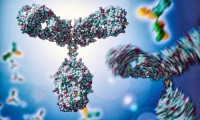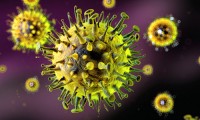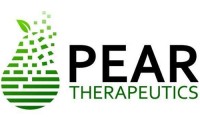-
71% of IoT medical device ransomware infections caused by user practice issues
- Source: Healthcare IT News
- 790
- March 6, 2018
-
Healthcare execs say EHRs don’t do enough to manage value-based contracts
- Source: Healthcare Dive
- 771
- March 6, 2018
-
Quentis Nets $48M For Cancer Drugs, Building Buzz For NY Bio Startups
- Source: Xconomy
- 865
- March 5, 2018
-
Ancon Medical Launches Human Trials in Search for Flu Biomarker
- Source: Cision
- 1,217
- March 5, 2018
-
Philips to launch new version of HealthSuite with AI and analytics at HIMSS18
- Source: MobiHealthNews
- 727
- March 5, 2018
-
Siemens unveils new Cios Select intraoperative imaging device
- Source: medicaldevice-network
- 900
- March 5, 2018
-
How HealthBot is providing healthcare for the unconnected
- Source: Financial Express
- 698
- March 5, 2018
-
MeiraGTx Earns EMA PRIME Designation for Achromatopsia Gene Therapy Candidate
- Source: biospace
- 681
- March 5, 2018
-
Qualcomm Life signs deal with AlertWatch, PeriGen
- Source: MobiHealthNews
- 782
- March 2, 2018
-
Pear Therapeutics and Novartis Will Collaborate on Prescription-Strength Apps
- Source: HCANews
- 1,026
- March 2, 2018
your submission has already been received.
OK
Subscribe
Please enter a valid Email address!
Submit
The most relevant industry news & insight will be sent to you every two weeks.













